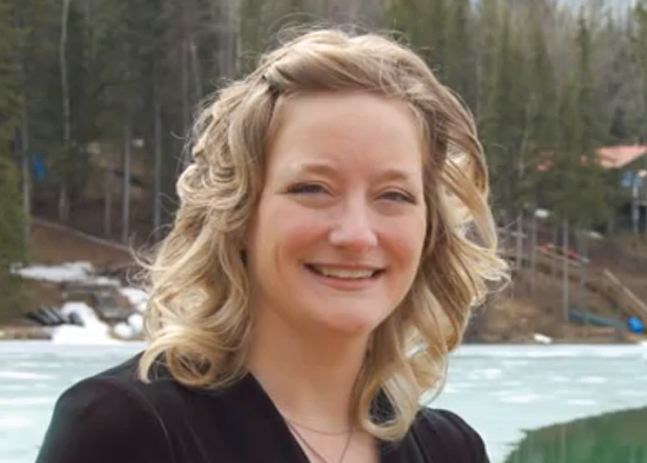The family of a woman who committed suicide shortly after being released unescorted from the psychiatric ward at University Hospital of Northern B.C. is upset there are no recommendations in the final coroner's report to prevent a similar incident from happening in the future.
According to the report, the body of Susan Justine Siemens, 45, was found suspended from a tree on the bank of the Nechako River near the John Hart Bridge on Dec. 16, 2011 about two hours after she had been released from the hospital.
Hettie Siemens, 81, recounted Tuesday a concern raised by her daughter's then-fianc Steve Flanagan shortly before her death - that Susan Siemens not be released without ensuring a family member was there to pick her up because she was suicidal.
She said it appears her daughter, a mother of two, simply told the person in charge of letting patients out that she had a family member waiting for her outside in a car, "so they let her go."
"I surmise that she took a taxi home because we lived close to the river," she said. "And she wrote some letters to say where she was going to be found and she probably walked to the river from our house.
"They let her out without supervision, without a companion. That's what I've been told."
Flanagan could not be reached Tuesday but did tell The Citizen shortly after Siemen's death that two days before she died, and just before he had to travel out of town, he specifically asked hospital personnel not let her out unescorted.
In the report, coroner Merrill Flewelling concluded the death was by suicide and noted a lengthy history of mental health issues including bipolar disorder with recurrent depressive issues.
In 2011, Siemens had twice previously been admitted to UNHBC for bouts of depression that included suicide attempts. She was admitted for a third time on Nov. 5, 2011 after overdosing on prescription medication the previous evening.
"During her time in hospital, she was noted to be having to cope with several personal issues and psycho-social issues, problems which she said she found overwhelming," Flewelling said. "Her mood fluctuated but by the end of November 2011, she had successfully completed a weekend away from the hospital on a pass."
On Dec. 8, 2011, a psychiatrist noted that Siemens still posed a suicide risk but was granted an overnight pass on Dec. 9, 2011 "and completed it successfully." Siemens was then granted several more passes during the following week, Flewelling said.
Then, on the afternoon of Dec. 15, 2011, Siemens met with her psychiatrist and requested a weekend pass.
"She had plans for the weekend, denied any suicidal ideation at that time, and contracted to return to the hospital if she was not feeling safe," Flewelling said. "On that basis, she was granted the pass."
Shortly after 2:30 p.m. on Dec. 16, 2011, Prince George RCMP responded to a report that a body was seen in the river near the bridge. Following an extensive search, they found Siemens, who had hung herself from a tree using her own nylons.
In a bag of personal belongings found at the top of the river bank, a suicide note and two empty bottles of prescription medication were found.
Flewelling ruled that Siemens died of asphyxia caused by ligature strangulation.
"Bipolar affective disorder with recurrent depressive episodes and acute psycho-social stressors are considered contributing factors in this death," Flewelling said. "I classify this death as suicide and make no recommendations."
Reached Tuesday, the B.C. Coroners Service declined to comment further on the report and the decision not to make any recommendations.
Coroners' spokeswoman Barb McLintock said the reports are legal, quasi-judicial documents, "and as such we cannot, and do not, once they are concluded, comment on specific issues regarding them nor how a coroner came to his or her conclusions."
However, she said that as a matter of general principle, a coroner will take into account all available evidence before concluding a case.
"With regard to possible recommendations, the coroner will consider whether the death highlights broader issues of concern versus circumstances unique to a particular case, and will also consider the reasonableness and practicality of implementing any recommendation before proceeding with it," McLintock said.
Northern Health declined to comment Tuesday.
"We need time to review the document and gather the information that you need," Northern Health spokesman Jonathan Dyck said.



